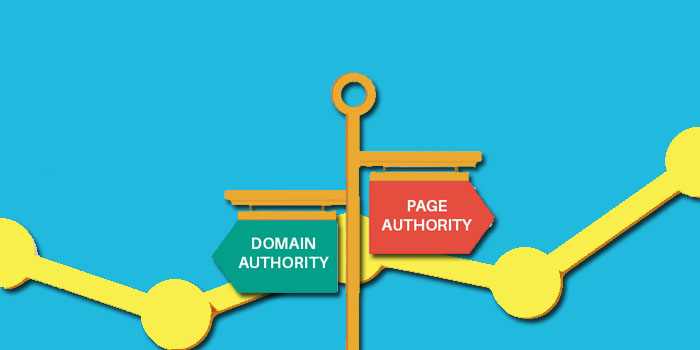
In the world of SEO, ranking higher in search engine results is essential for digital success. To help with this, Moz, a well-known SEO software company, introduced two critical metrics: Domain Authority (DA) and Page Authority (PA).
DA assesses a website’s overall strength and credibility, while PA focuses on individual page strength. These metrics give valuable insights into how well a website with a domain or page will likely rank in search results.
If you want to buy domains for your business, you should explore various Domain Hosting providers in Singapore. They have the most efficient domain registrar and provide excellent services, from domain name search availability checking to registration.
If you want to learn more about these domain name metrics and how they can benefit your website’s SEO strategy, this article is for you. Understanding and applying these metrics can boost your website’s visibility and overall performance.
What is Domain Authority (DA)?
Domain Authority is a score that predicts the chances of a website ranking higher in search engine results based on factors, including the quality of the website’s backlink profile, the overall trustworthiness, and domain popularity.
The DA score varies from 1 to 100, with higher scores indicating a more robust and more authoritative website.
- Pros of Domain Authority
- DA provides a quick way to compare the relative strength of different websites in terms of their potential to rank well in search engines.
- It helps to understand a website’s credibility without delving into complex SEO analysis.
- Cons of Domain Authority
- Domain Authority is a relative metric and doesn’t guarantee a particular search engine ranking or traffic volume.
What is Page Authority (PA)?
Page Authority is similar to Domain Authority but focuses on predicting the ranking strength of individual pages rather than entire domains. Like DA, the PA score also ranges from 1 to 100.
- Pros of Page Authority
- PA provides insights into the strength of individual pages, helping website owners identify their most authoritative content.
- It helps content creators and SEO specialists understand which pages need improvement to boost their search engine visibility.
- Cons of Page Authority
- Like DA, PA is not a definitive measure of a page’s ranking position and should be used as a relative comparison tool.
Domain Authority vs Page Authority: What Is The Difference?
| Parameter | Domain Authority (DA) | Page Authority (PA) |
| Focus | Measures the strength of a domain | Measures the strength of a page |
| Predictions | Predicts the likelihood of the domain’s ranking higher in the search | Predicts the likelihood of page pages ranking higher in search ranking higher in search |
| Scope | Represents overall website authority | Represents individual pages authority |
| Working Mechanism | tool for website authority | tool for page authority |
| SEO Strategy | Should not be the sole focus of | It should be used in conjunction |
Page Authority vs. Domain Authority: Conclusion
Domain Authority (DA) and Page Authority (PA) are two distinct metrics used in the field of Search Engine Optimization (SEO) to assess the strength and credibility of websites and individual pages, respectively.
While they share some similarities, they serve different purposes and offer unique insights.
Domain Authority and Page Authority are valuable metrics for Domain Names to gain insights into the strength and credibility of websites and pages, helping marketers and website owners make informed decisions to improve their online presence and search engine visibility.





More Stories
SEO, Social Media and Online Reputation Management – The Trinity of Internet Marketing
What SEO Copywriting Is and Isn’t
Finding Your Smile: Navigating Cosmetic Dental Clinics and Emergency Dentists